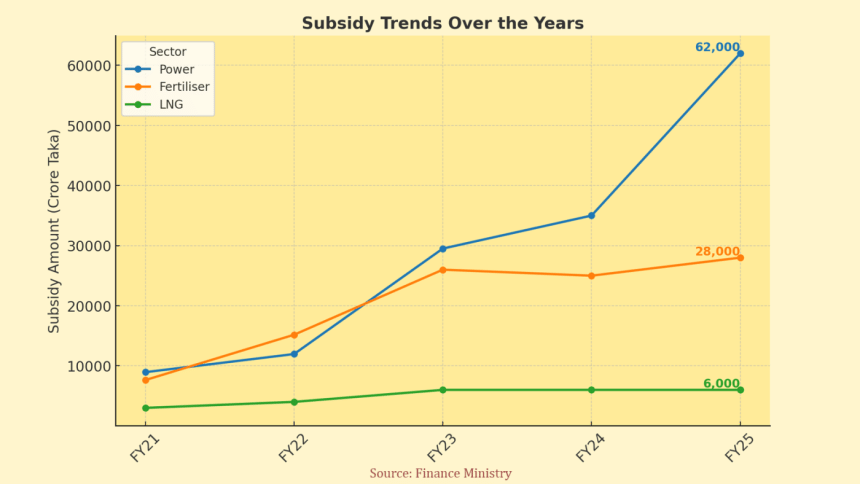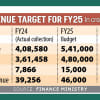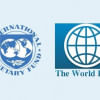Revised budget for FY25: Power, fertiliser subsidies to balloon

The government's subsidy burden for power and fertiliser is set to increase by 57.9 percent to Tk 90,000 crore in the revised budget for this fiscal year as it looks to keep energy and agricultural inputs affordable amid high inflation.
Fertiliser subsidy will increase to Tk 28,000 crore in the revised budget, up by 64.7 percent from the original. Power subsidy will rise by 55 percent to Tk 62,000 crore. The subsidy for liquefied natural gas (LNG) will remain unchanged at Tk 6,000 crore.
"The subsidy burden has grown heavier this year as the government refrained from raising power prices while also dealing with large arrears carried over from Sheikh Hasina's administration," said a finance ministry official informed with the proceedings.
At the end of last year, the power and fertiliser arrears hit Tk 49,128 crore, requiring the government to issue special bonds to clear the dues. The interim government has so far cleared Tk 12,542 crore in arrears through special bonds.
The interim government that took over in August last year refrained from raising power prices due to high inflation, which has remained above 9 percent since March 2023.
The previous government had planned to adjust electricity prices three to four times a year as part of its strategy to reduce subsidies, but eventually backtracked amid concerns among the people and industry owners.
Officials of the current government have indicated that if inflation drops below 6.5 percent, they may begin gradual price adjustments to reduce the subsidy burden.
Additionally, the government is expanding the production-sharing contract framework to attract investment in oil and gas exploration.
Selim Raihan, executive director of the South Asian Network on Economic Modelling (SANEM), said the government should find ways to make power production more cost-effective and remove the fuel tax to reduce the subsidy burden.
Power generation in Bangladesh is significantly costlier than in other countries in the region, making subsidy reductions difficult without addressing inefficiencies in the sector, said Raihan, also a professor at Dhaka University's economics department.
Mustafizur Rahman, a distinguished fellow at the Centre for Policy Dialogue, said, "There were many reasons the subsidy rose. One of them is rising import costs and another is institutional inefficiency."
In the power sector, the government estimates that it can save as much as Tk 11,444 crore in the current fiscal year by reducing production costs by 10 percent.
Bangladesh aims to shift from oil-based to gas-based electricity generation, a move expected to cut production costs and reduce dependency on subsidies in the long run.

 For all latest news, follow The Daily Star's Google News channel.
For all latest news, follow The Daily Star's Google News channel. 







Comments